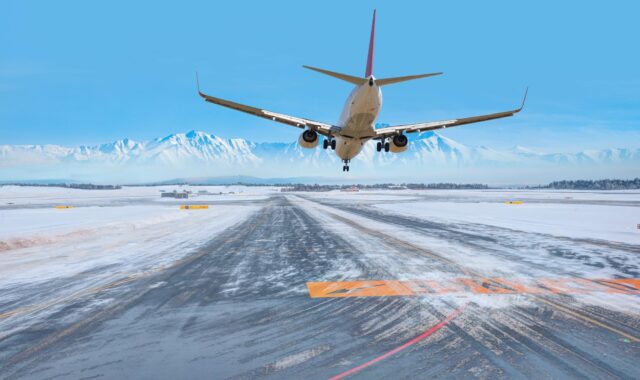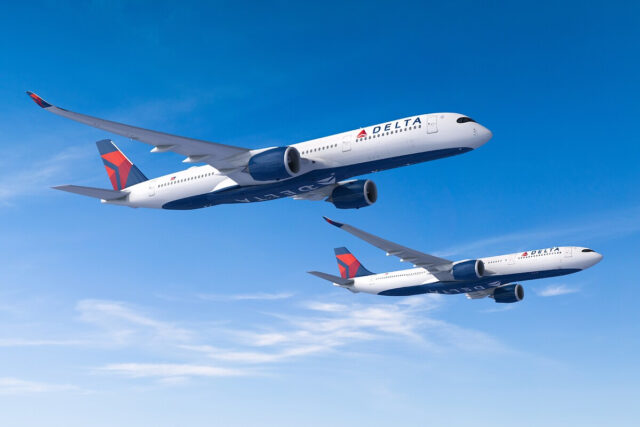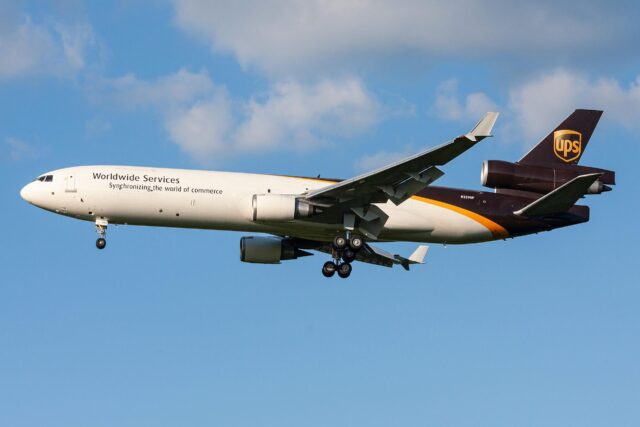5 new aircraft in 4 weeks: Etihad sets delivery record as fleet expansion powers growth

July 31, 2025

Etihad Airways has taken delivery of a record five new aircraft in a single month.
The UAE flag carrier had its busiest single month for deliveries in the airline’s 22-year history in July.
The Abu Dhabi-based airline received two Boeing 787 Dreamliners, one Airbus A350-1000, an A320ceo, and – notably – its first Airbus A321LR.
The arrivals bring Etihad’s total fleet to 106 aircraft, with an average age of just 8.7 years.
The busy month for deliveries underpins Etihad’s broader ambition to carry 38 million passengers annually by 2030.

A remarkable month for Etihad Airways
The new aircraft will boost capacity and flexibility across the airline’s expanding route network, Etihad said, which now includes 27 new destinations and increased frequencies on numerous existing routes.
“July has been a remarkable month for Etihad Airways,” said CEO Antonoaldo Neves. “Taking delivery of five aircraft is our most intensive delivery programme to date and showcases our ambitious growth trajectory.
“These aircraft will enable us to serve more destinations, offer increased frequencies, and deliver the exceptional experiences our guests expect across our network.”

A standout moment was the delivery of the airline’s first Airbus A321LR, which will enhance Etihad’s medium- and short-haul offering, enabling the carrier to reach further from Abu Dhabi using a lower-operating-cost narrowbody.
The aircraft is the first narrowbody in the region to feature First Class Suites, alongside lie-flat Business Class seats and enhanced Economy cabins with seatback entertainment, a premium configuration typically reserved for widebody jets.
It is the first of 30 A321LR aircraft joining Etihad’s fleet, and will enter commercial service on 1 August 2025, initially operating between Abu Dhabi and Phuket before serving destinations including Algiers, Bangkok, Chiang Mai, Copenhagen, Düsseldorf, Kolkata, Krabi, Krakow, Medan, Milan, Paris, Phnom Penh, Phuket, Tunis and Zurich.

The Boeing 787s and A350-1000 will primarily support long-haul expansion across Asia, Australia, and North America, while the A320ceo adds capacity for regional routes.
Etihad’s latest expansion efforts come on the back of strong passenger growth, with over 20 million travellers flown in the past 12 months – double the number recorded in 2022.
Etihad goes for growth despite industry headwinds
Etihad had shrunk in the post-Covid era as it sought to become a leaner operator amid fierce competition among Gulf carriers.
However, it is now on a growth trajectory, and the airline’s fleet expansion is set to continue, with an additional 20 aircraft expected annually through 2025 and 2026.
Airbus deliveries in recent months have shown modest growth, with the company delivering 136 aircraft in Q1 2025 and continuing at a steady pace despite facing delays due to engine supply issues.
Boeing regained early momentum in 2025, outperforming Airbus in January and February, and maintaining strong delivery volumes across its commercial aircraft programmes.
However, both manufacturers are facing uncertainty from the volatile tariff environment and continued supply chain constraints.
















